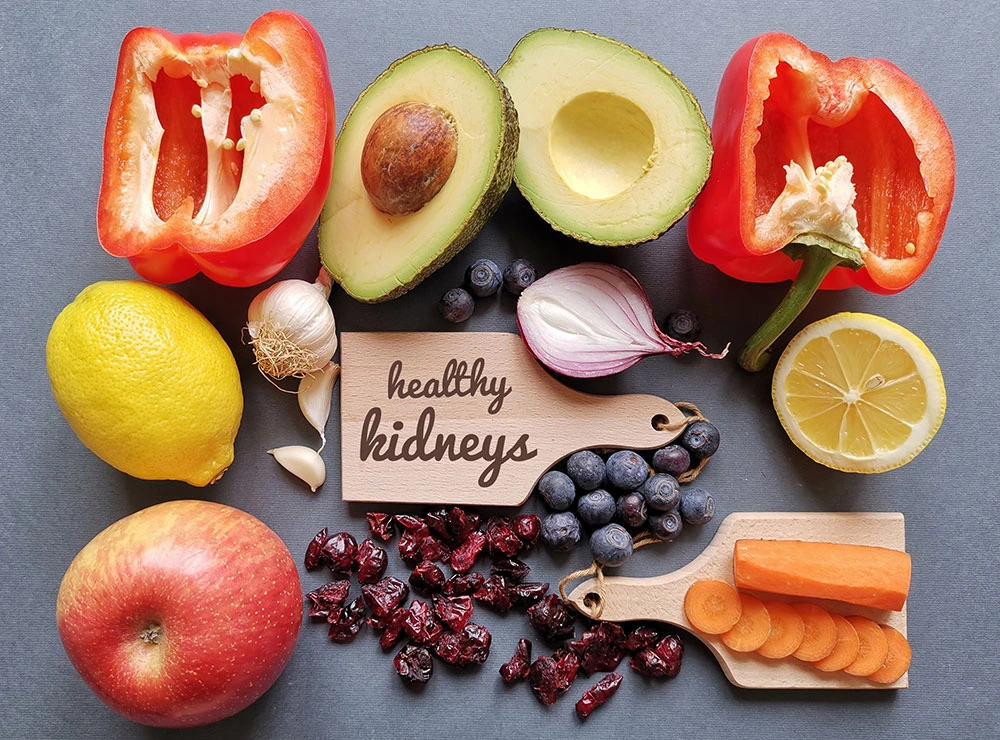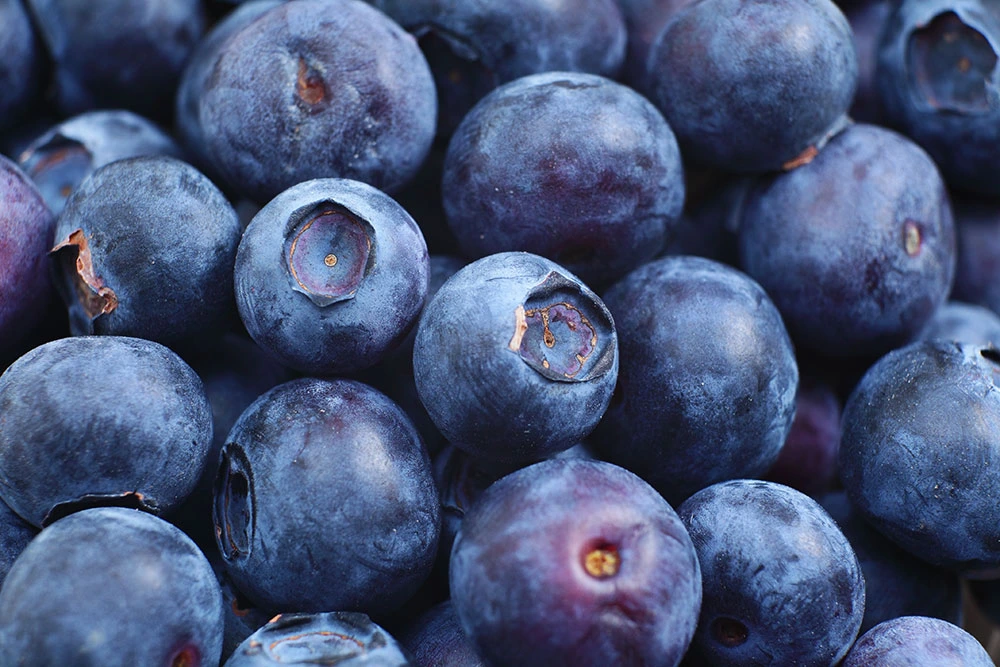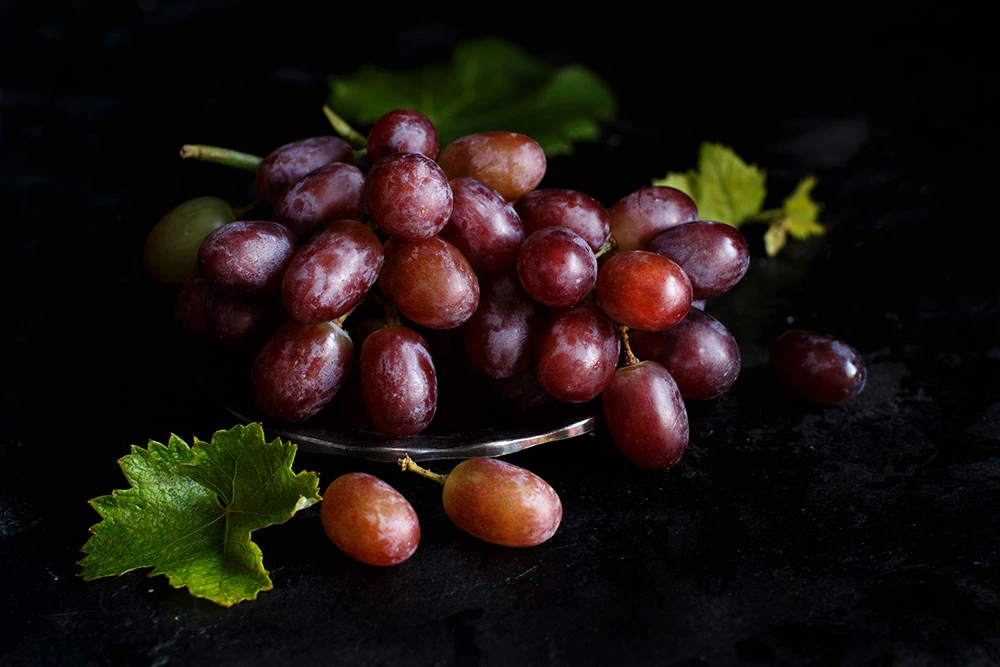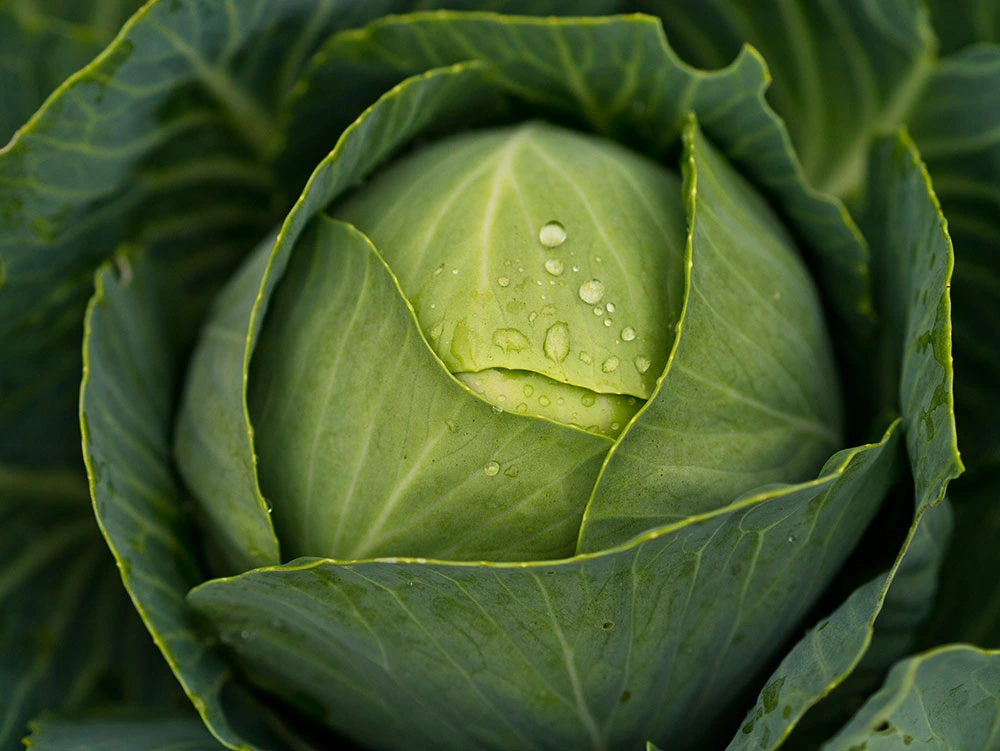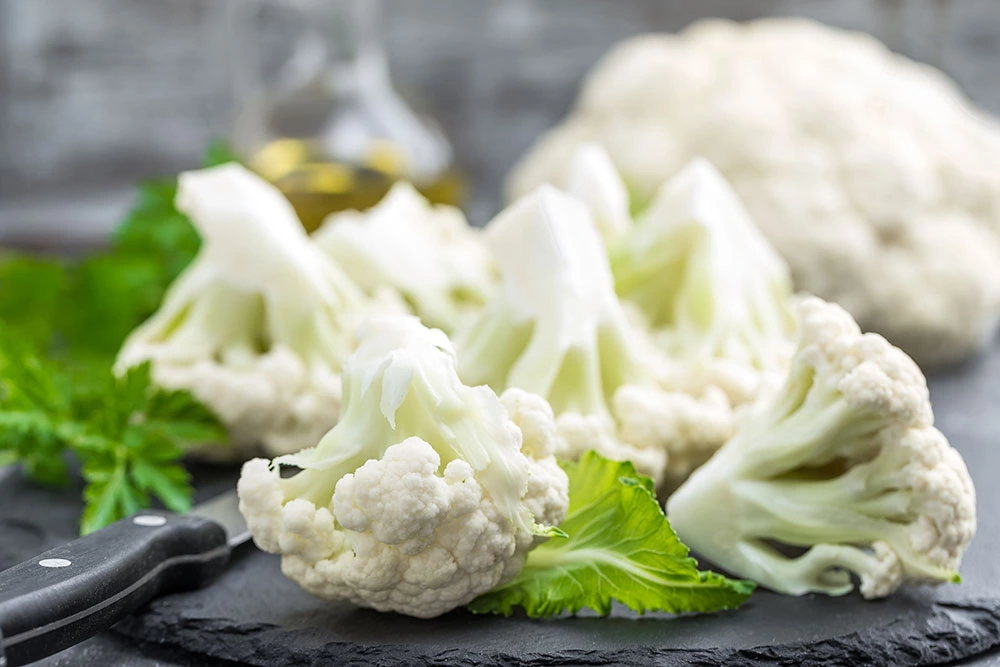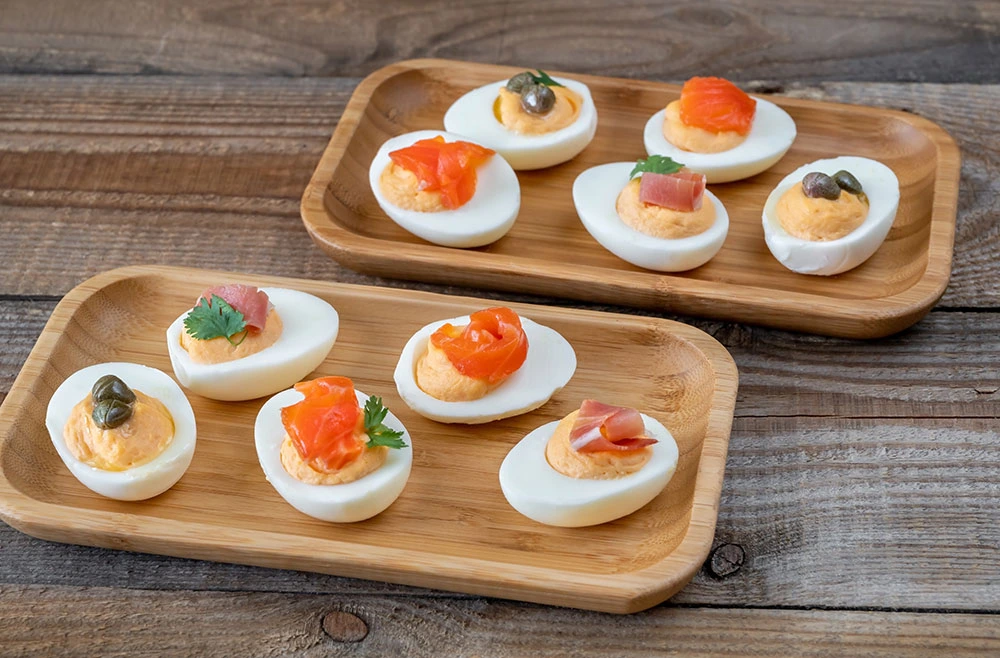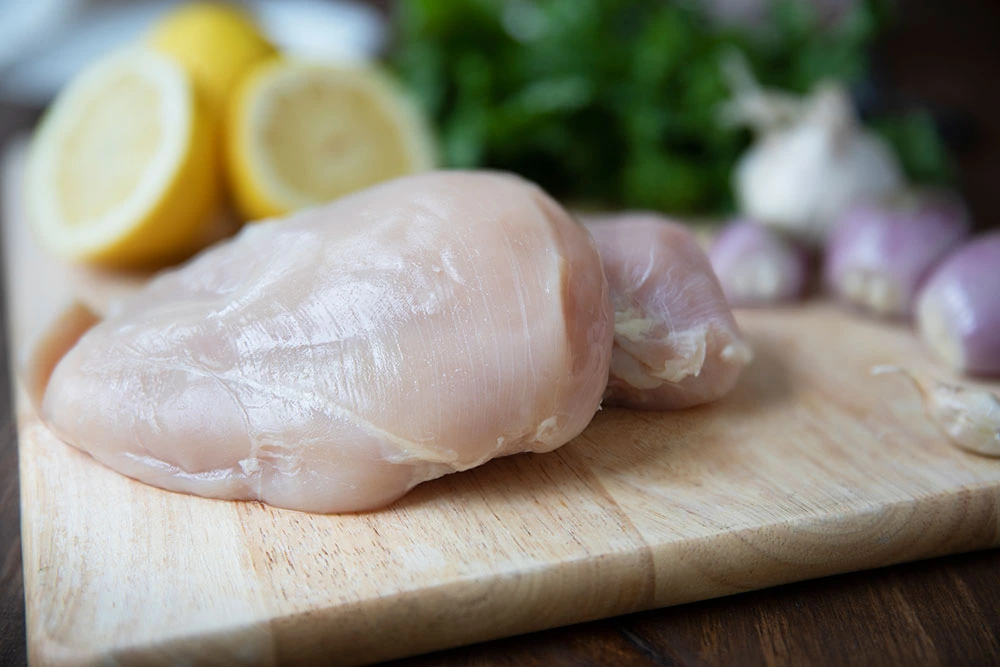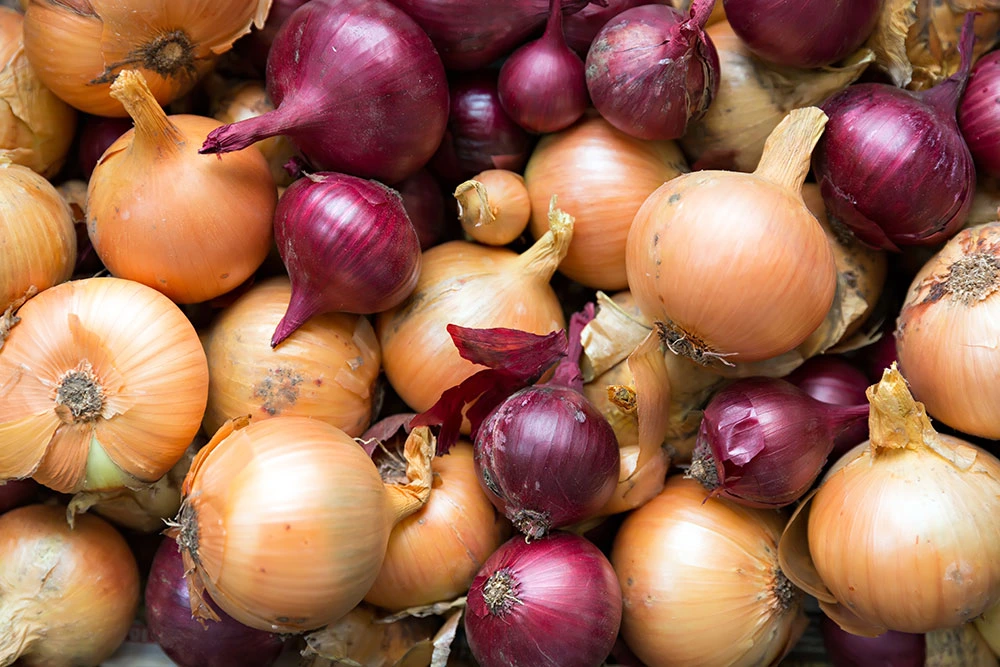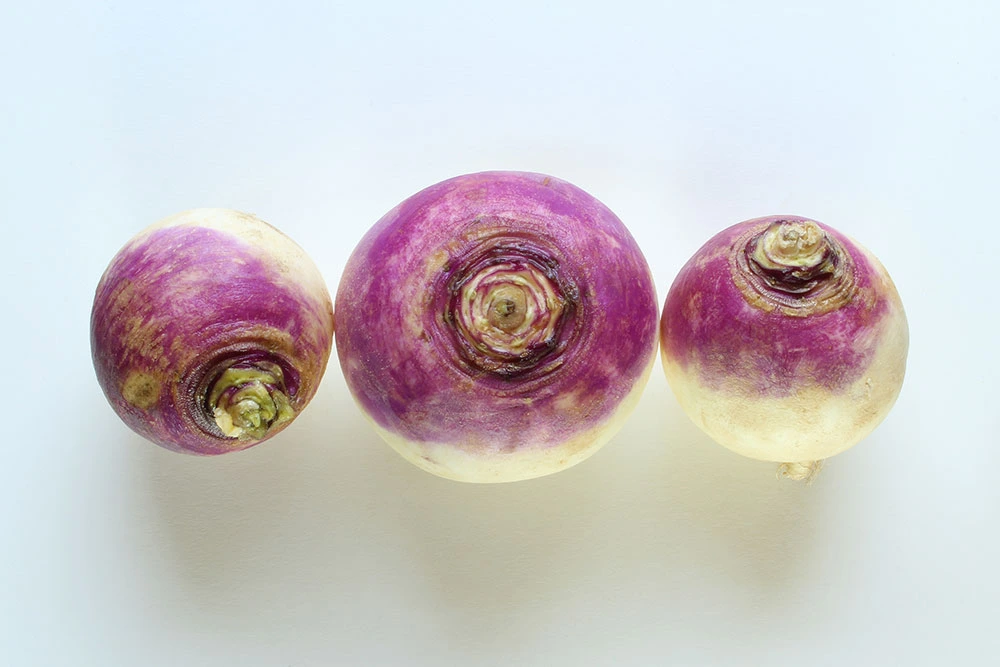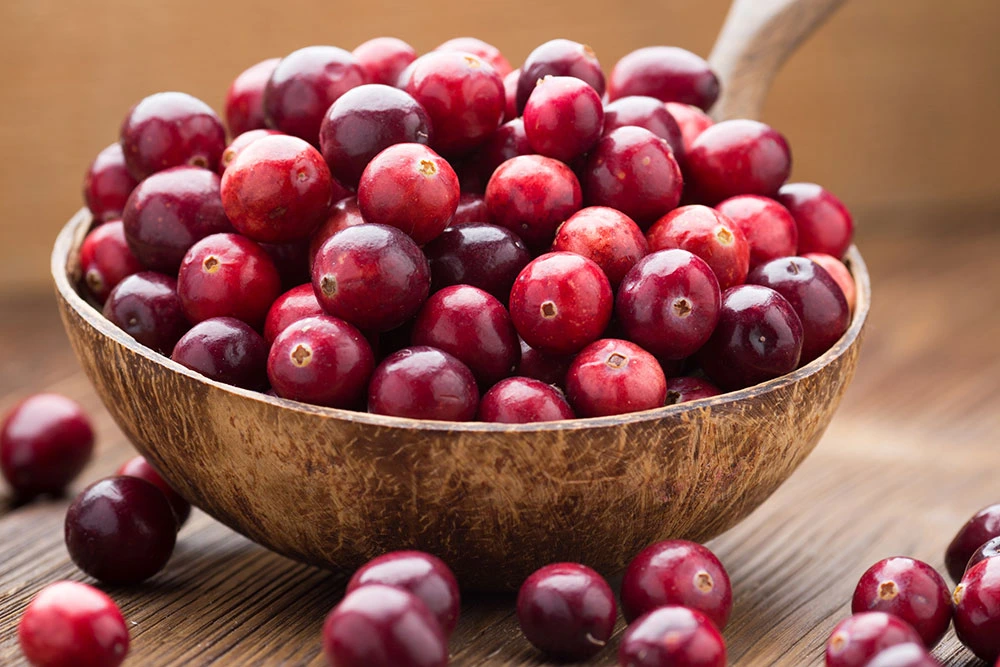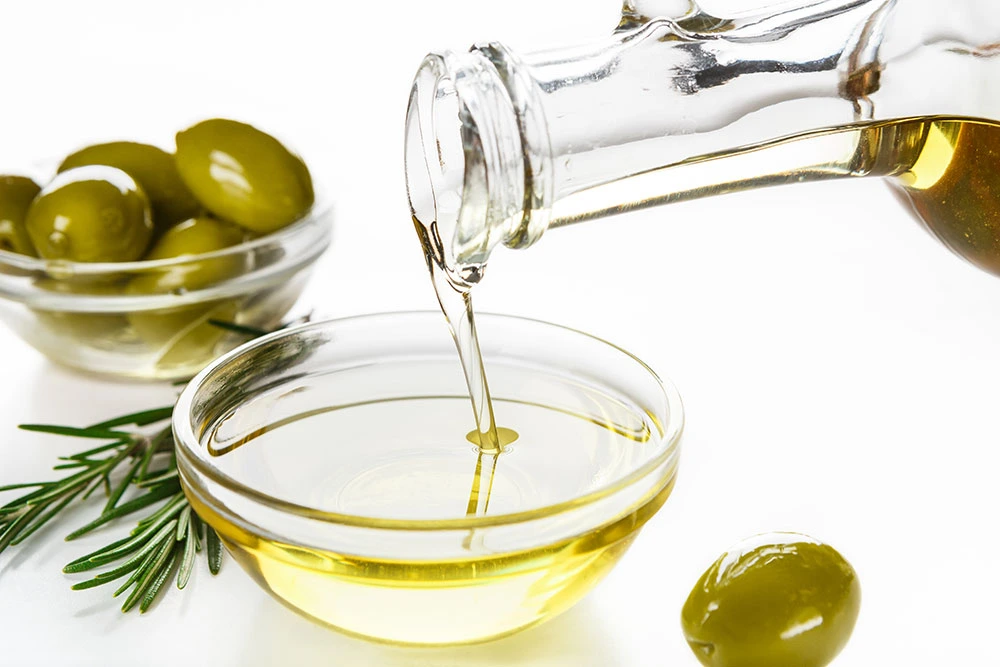Last updated on August 30th, 2022
Kidney ailments are common problems influencing around 10% of the population. Read this blog to know about food to eat or avoid in kidney disease and diabetes.
Kidneys are small bean-shaped organs responsible for several important functions. Kidneys are important for
- filtering waste products,
- producing urine,
- balancing the body fluids,
- releasing hormones that control blood pressure
- numerous other vital functions.
Several factors are responsible for the damage of these vital organs, diabetes and hypertension being the common risk factors for renal disorder. Other factors can be genetics, gender, obesity, smoking, or age adding to this risk. Can kidney disease cause high blood sugar?
Uncontrolled blood sugar and blood pressure can damage the blood vessels present in the kidneys. This lowers down their ability to work in an optimal way. Thus, it’s very essential for individuals having renal problems to follow a special diet. In this article, you can know about what should a diabetic with kidney disease eat. Also, you can read about the foods to avoid with kidney disease?
Role of Diet in Kidney Disease and Diabetes
Dietary limitations differ on the basis of the extent of kidney damage. Individuals with recent kidney disease have many diet limitations than people with kidney failure. This is also known as end-stage renal disease (ESRD).
In case of a recent kidney disease diagnosis, it’s best to follow the doctor’s advice. Doctor may advise certain dietary changes. Also, for individuals with an advanced form of kidney ailment. It is advisable to stick to a kidney-friendly diet. This helps in reducing the amount of waste in the blood. These renal diabetic diet foods boost the kidney function. They also prevent its additional damage. Individuals having kidney disease must limit the intake of the following nutrients:
- Sodium: It occurs in several foods. It is the main constituent of table salt. The sodium levels in the blood rise as the damaged kidneys fail to filter out excessive sodium. Thus, restrict the sodium levels to below 2000 mg per day.
- Potassium: This mineral plays several roles in the body. Yet, individuals with kidney ailments must restrict the intake of potassium. This is vital to avoid seriously high potassium levels in the blood. Thus, the recommended intake of potassium is below 2000 mg per day
- Phosphorus: Mineral that is present in varied foods. Damaged kidneys fail to remove excess of this mineral. Their blood can rise in the blood causing damage to the body. Thus, limit the dietary phosphorus to below 800 to 1000 mg per day.
- Protein: Just another nutrient that requires limitation in people with renal disease. As, damaged kidneys fail to remove waste products from protein metabolism.
Every individual with kidney disease is different; thereby it’s significant to discuss with a suitable healthcare provider about the dietary requirements. And fortunately, several delicious and healthy alternatives having a low amount of phosphorus, potassium, and sodium are available. And make a list of foods to avoid for kidney health.
Also Read: Hba1c test means
Diabetes Diet
A kidney-friendly diet for diabetics is much similar to any healthy diet. The diet is similar to any other person with many:
- fruits
- leafy greens
- lean proteins
- healthy fats
- less sugar, salt
- foods containing high amounts of refined carbs
- crackers, cookies, or soda.
The individual carbohydrate goal depends upon:
- person’s age
- activity level
- concurrent drugs the person is consuming.
A proper meal plan keeps the blood glucose levels in check. Also, it prevents further damage to the kidneys.
Also Read: Normal Sugar Level After Meal
Kidney Diet
Say No to Herbal Supplements: These are generally not safe if a person has been diagnosed with kidney disease. Damage to the kidneys is possible. And, even the condition may worsen more. Some vitamins may produce kidney problems too. Avoid them as well. Discussion with a doctor is a must before consuming any vitamins or supplements.
In a kidney-friendly diet, avoid certain foods. This helps to protect the kidneys. And add certain foods to obtain energy and nourishment. Diet depends upon whether the person is in early-stage or late-stage disease. Also, if the patient is on dialysis.
Dibeta 500 MG SR Tablet: Uses, Side Effects, Composition, Substitutes, Dosage
Foods to Avoid With Kidney Disease and Diabetes
Consume less salt or sodium content
This is great for people with diabetes. Also, it is very essential for people with kidney disease. With time, kidneys fail to control the sodium-water balance in the body. If there is less sodium in the diet, a reduction in blood pressure is possible. And, it may be well-controlled. And there is a reduced buildup of fluids in the body. It is very common in kidney problems.
Emphasize fresh, home-based food.
Consume little quantities of restaurant foods and packaged foods. These usually have loads of sodium. It’s best to search for low sodium (5% or less) on food labels.
Also, limit the intake of phosphorous, potassium, and protein in the diet. This depends upon the stage of kidney disease. Several foods constituting an essential part of a healthy diet may not be appropriate for his or her diet. These are some of the worst foods for kidney failure in diabetics. And, it is important to limit them.
Phosphorus is a mineral that keeps the bones and other body parts healthy and strong. The kidney fails to remove added phosphorus from the blood. An excess of phosphorous weakens the bones. And, it can cause damage to the heart, blood vessels, and eyes. High phosphorus content occurs in:
- dairy
- meat
- nuts
- seeds
- whole-grain bread
- dark sodas
- packaged foods.
The acceptable potassium level ensures the proper functioning of nerves and muscles. With chronic kidney problems, accumulation of too much potassium results in the blood. This causes severe cardiovascular problems. High potassium-containing foods include:
- tomatoes
- oranges
- whole-grain bread
- bananas
- potatoes
Is apple juice good for your kidneys? White bread, carrots, and apples are lower in potassium. The physician might recommend a potassium binder. These are drugs that aid the body in getting rid of additional amounts of potassium.
Consume an appropriate quantity of protein. A high protein diet can make the kidneys work harder and can even worsen the chronic kidney problem. But the too small amount is not healthy as well. Protein is present in both plant and animal foods. A good nutritionist can help a person in figuring out the correct combination and the quantity of protein for consumption.
Also Read: Why is watermelon bad for diabetics?
Renal Diabetic Diet Sample Menu
Below are some of the best foods for diabetics with kidney disease:
Blueberries
Blueberries are one of the best sources of nutrients like antioxidants. Particularly, these sweet berries consisting of antioxidants are known as anthocyanins. These antioxidants help in defending against various heart problems, cancer, diabetes, and cognitive decline. In addition, it is an incredible part of a kidney-friendly diet, as they contain low amounts of potassium, sodium, and phosphorus. One cup (roughly 148 grams) of fresh blueberries is composed of sodium: 1.5 mg, potassium: 114 mg, and phosphorus: 18 mg. Read more: Are Blueberries Good for Diabetics?
Red grapes
Are grapes bad for kidney disease? Red grapes are sweet fruits and appetizing. And, they provide a ton of nutrition in a small package. The fruit contains high amounts of vitamin C and antioxidants (flavonoids). These reduce the inflammation. In addition, red grapes are rich in a type of flavonoid, resveratrol. This compound benefits cardiac health and guard against mental decline and diabetes. They are kidney-friendly. With a half cup (75 grams) consisting of sodium: 1.5 mg, potassium: 144 mg, and phosphorus: 15 mg.
Cabbage
Cabbage falls under the class of cruciferous vegetables and is packed with vitamins, minerals, and several plant compounds. Also, it is a significant source of vitamins K, C, and B. Moreover, it delivers insoluble fiber (a form of fiber) that keeps the digestive system healthy by supporting regular bowel movements as well as including bulk to stool. In addition, cabbage is found to contain low amounts of minerals. One cup (around 70 grams) of shredded cabbage consists of sodium: 13 mg, potassium: 119 mg, and phosphorus: 18 mg.
Cauliflower
Cauliflower is a wholesome veggie that is one of the good sources of nutrients, such as vitamins C, K, and folate. Also, the veggie is packed with great anti-inflammatory compounds such as indoles and is an outstanding source of fiber. One cup (about 124 grams) of cooked cauliflower is composed of sodium: 19 mg, potassium: 176 mg, and phosphorus: 40 mg.
Egg whites
Even though egg yolks are very healthful. They consist of rich quantities of phosphorus. This makes egg whites an improved option for individuals following a kidney diet. Egg whites offer a first-rate, kidney-friendly protein source. Also, an excellent option for individuals who are going through dialysis treatment. These people have greater protein requirements. Also, they require to restrict phosphorus. 2 large egg whites (about 66 grams) is composed of:
- sodium 110 mg
- potassium 108 mg
- phosphorus 10 mg.
Also Read: Are Eggs Good for Diabetics?
Skinless chicken
A limited protein intake is necessary for some people with kidney issues. Also, providing the body with enough high-quality protein is vital for health. Skinless chicken breast contains less phosphorus, potassium, and sodium than skin-on chicken. When shopping for chicken:
- choose fresh chicken
- avoid pre-made roasted chicken.
It contains large amounts of sodium and phosphorus. Three ounces (84 grams) of skinless chicken breast contains:
- sodium: 63 mg
- potassium: 216 mg
- phosphorus: 192 mg.
Onions
Onions offer sodium-free essence to kidney-friendly dishes. Lessening the consumption of salt can be difficult. This makes the tangy salt options a must-buy. Onions can be sautéed with olive oil and garlic adds flavor to dishes. This would not compromise renal health. In addition, onions contain rich amounts of:
- vitamins B
- vitamin C
- manganese
- prebiotic fibres
These help in keeping the digestive system healthy by feeding valuable gut bacteria. One small onion (roughly 70 grams) consists of:
- sodium: 3 mg
- potassium: 102 mg
- phosphorus: 20 mg
Turnips
Turnips are a vital part of a renal diabetic diet. They make an outstanding replacement for veggies rich in potassium. These include potatoes as well as winter squash. These root veggies packs a decent source of Vitamin C, B6, manganese, and fiber. Boil or roast turnips. Or mash them as healthy side dish effective for a kidney-friendly meal plan. A half-cup (about 78 grams) of cooked turnips is composed of:
- sodium: 12.5 mg
- potassium: 138 mg
- phosphorus: 20 mg.
Also Read: Yoga For Diabetes
Cranberries
Cranberries are good both for kidneys as well as urinary tracts. This little, tart fruit consists of phytonutrients. These are known as A-type proanthocyanidins. These help to prevent bacteria from sticking to the urinary tract and bladder lining. This as a result, prevents infection. This is useful for people with renal disorders. As, they are at an enhanced risk of urinary tract infections. Cranberries contain very low amounts of potassium, phosphorus, and sodium. One cup (approximately 100 grams) of fresh cranberries is composed of:
- sodium: 2 mg
- potassium: 80 mg
- phosphorus: 11 mg
Also Read: Best Glucometer in India
Olive oil
Olive oil contains rich amounts of fat and is phosphorus-free. This makes it a great option for individuals with chronic kidney problems. Normally, individuals with the advanced renal disorder face difficulty in keeping weight. The main fat present in olive oil is a monounsaturated fat referred to as oleic acid, with powerful anti-inflammatory properties. Furthermore, these fats remain stable at high temperatures, making this oil a healthy option for cooking. One tablespoon (about 13.5 grams) of olive oil is composed of sodium: 0.3 mg, potassium: 0.1 mg, and phosphorus: 0 mg.
Also Read: Diabetes Diet Chart Indian
These above foods are brilliant options for diabetics following a renal diet. It’s important to check with a doctor about the food choices. It ensures that the best diet is being followed for meeting up the needs. Chronic kidney problems and diabetes both modify with time, thus a diet as well.
Summary
Diet plays a significant role in managing diabetes type 2. This is true for any person who has developed renal illness owing to his or her condition. This is because when the kidneys fail to work normally, excessive toxins, nutrients, or fluids can build-up in the blood. It can be difficult to balance good nutrition with dietary limitations obligatory to promote renal health in diabetes.
Also Read: What type of doctor specializes in diabetes
FAQs:
How can an early stage of kidney disease developing from diabetes be identified?
The earliest symptom of a diabetic renal problem is an augmented excretion of albumin in the urine. Weight gain and inflammation of the ankle can also occur.
Is it good for kidney patients to eat oatmeal?
Oatmeal contains a rich amount of potassium and phosphorus than refined grains, however can be added to a majority of kidney diets.
How can people with diabetes lessen their risk of kidney damage?
The best way to delay kidney damage in diabetics is by keeping the levels of blood glucose well controlled; with the help of a balanced diet, exercise, and, if required, insulin or anti-diabetic medicines.
Are canned foods safe for people with kidney problems and diabetes?
No, canned foods are unsafe for people with kidney problems and diabetes.
References:
- https://www.cdc.gov/diabetes/managing/eat-well/what-to-eat.html
- https://www.healthline.com/nutrition/best-foods-for-kidneys
- https://www.niddk.nih.gov/health-information/kidney-disease/chronic-kidney-disease-ckd/eating-nutrition
- https://www.verywellhealth.com/kidney-disease-diet-tips-for-people-with-diabetes-108756
Last Updated on by Dr. Damanjit Duggal
Disclaimer
This site provides educational content; however, it is not a substitute for professional medical guidance. Readers should consult their healthcare professional for personalised guidance. We work hard to provide accurate and helpful information. Your well-being is important to us, and we value your feedback. To learn more, visit our editorial policy page for details on our content guidelines and the content creation process.

 English
English
